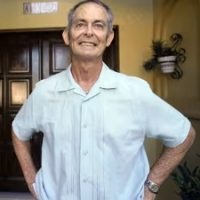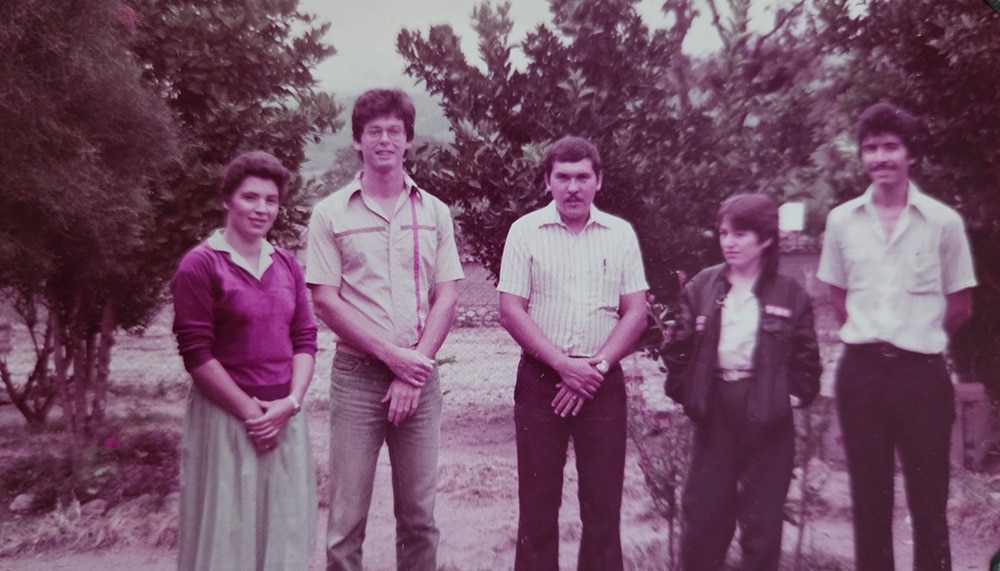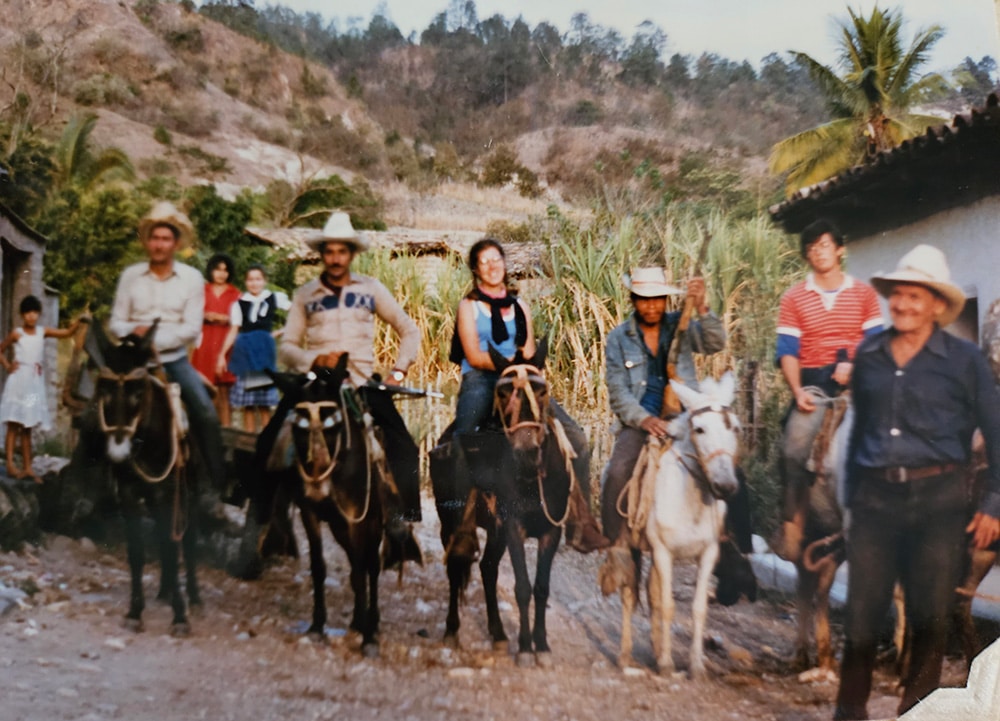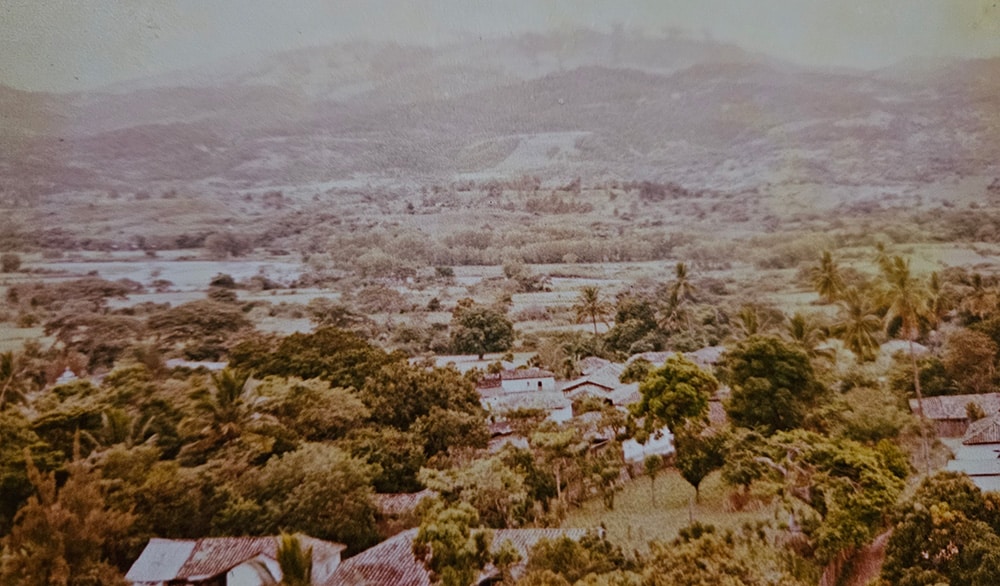In 1982, fresh out of college, I joined the Peace Corps. As a first generation Cuban-American (I was born in Cuba but my family emigrated when I was one year old), I was raised with Spanish as my native tongue. This was an advantage for which the Peace Corps had no contingency plans. During the three months of language and cultural immersion in Tegucigalpa, Honduras, the Peace Corps trainers did not know what to do with me, so I shadowed several host country program directors or just hung out at the training center.
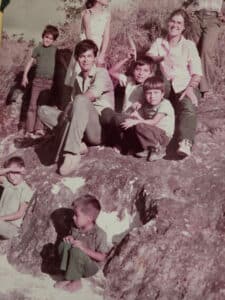
My site, San Jose de las Palmas, was a picturesque coconut-laden village in a fertile valley surrounded by mountains. Most residents practiced subsistence farming, growing corn, beans, tomatoes and squash. The neighboring country of Nicaragua was engulfed in a civil war at the time. The US supported right-wing rebel groups against Nicaragua’s Sandinista government, and there was a large military presence throughout Central America.
One night in San Jose de las Palmas, I received a knock on my door at 9:00 PM. In this village without electricity, most people were fast asleep by then. A very young soldier with a M-16 rifle on his shoulder ordered me to accompany him immediately. I told him, in my fluent Spanish, that I was not a “hondureño” but an American Peace Corps volunteer. I showed him my passport, which he held upside down. I then realized that he was illiterate. The young man escorted me to the town’s central plaza where all the elders informed the soldiers of their mistake. They refused to believe me because my Spanish was so fluent. When I arrived at the local garrison, the head colonel examined my US passport. I still remember his anger when the colonel yelled, “You idiots, he is an American. Take him back to his village!”
The humiliated sergeant had to drive me back home. He dropped me off in the middle of the night to walk alone, in the dark, many kilometers back to my village. After his blunder, the sergeant took this small satisfaction at least.
Within a year after my return to the US, the Peace Corps realized it might be beneficial to recruit more Spanish speakers for Latin American programs. A Florida recruiting office was opened in Miami, my home city. I was the first staff member hired to help manage that office. Unfortunately, it was closed a few years later.
Honduras, a country of 9 million people, lacks physicians who are trained in emergency medicine. This deficiency was particularly catastrophic during the Covid-19 pandemic when critical airway management was essential. I have applied for a Fulbright scholar grant to teach again in Honduras in 2023.
Today I continue to use my Spanish as an Emergency Medicine physician in Jacksonville, Florida. I married my wife, a fellow RPCV, a few years after our return. We work in a local primary care clinic for the uninsured; my wife, a registered nurse, also volunteers there weekly. We volunteer each year as health care providers in Comayagua, Honduras and also participate in medical missions to Ecuador, Guatemala, India, Haiti, and Cambodia.
I still believe that language fluency helps new volunteers enter a community more easily and with fewer misunderstandings.

